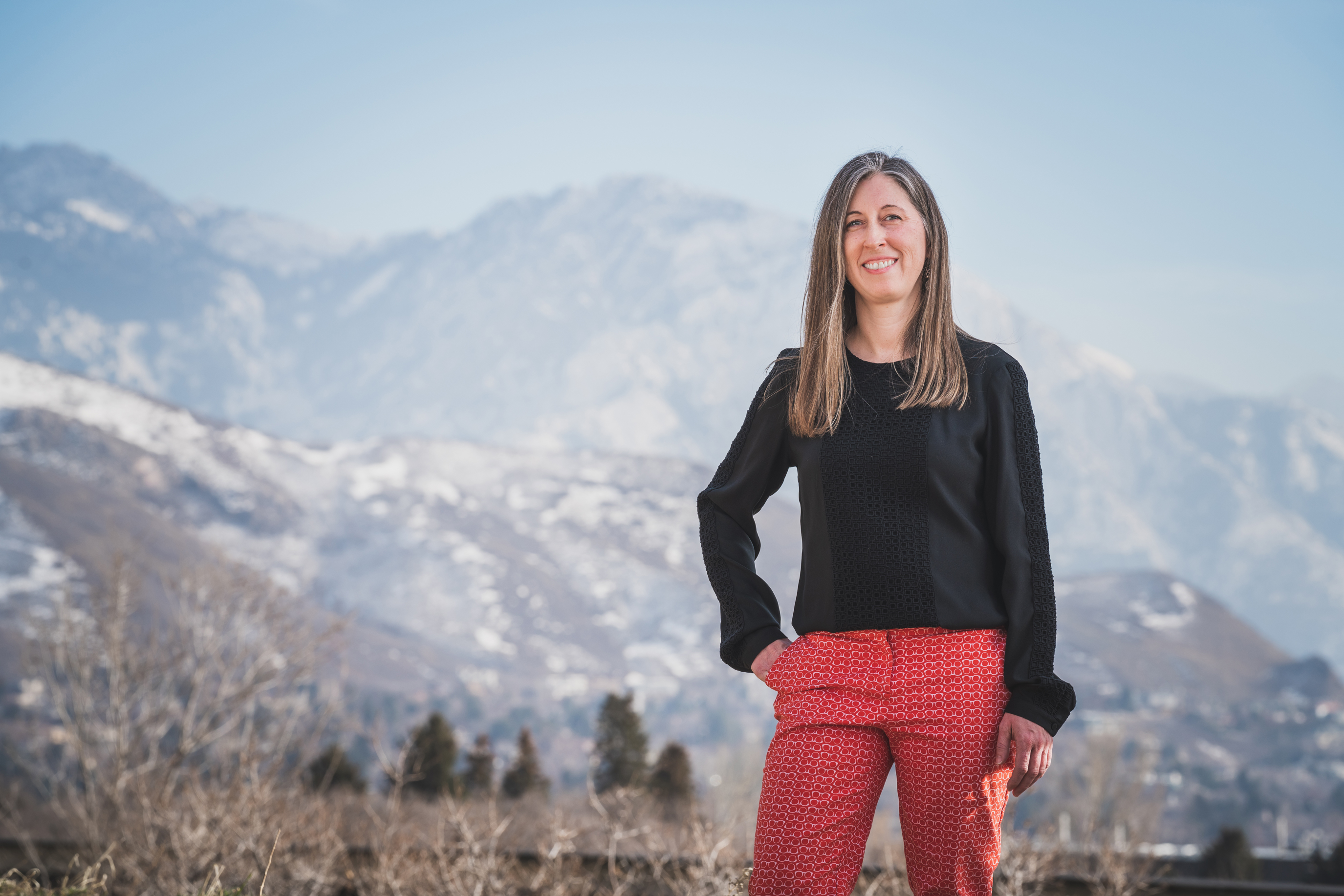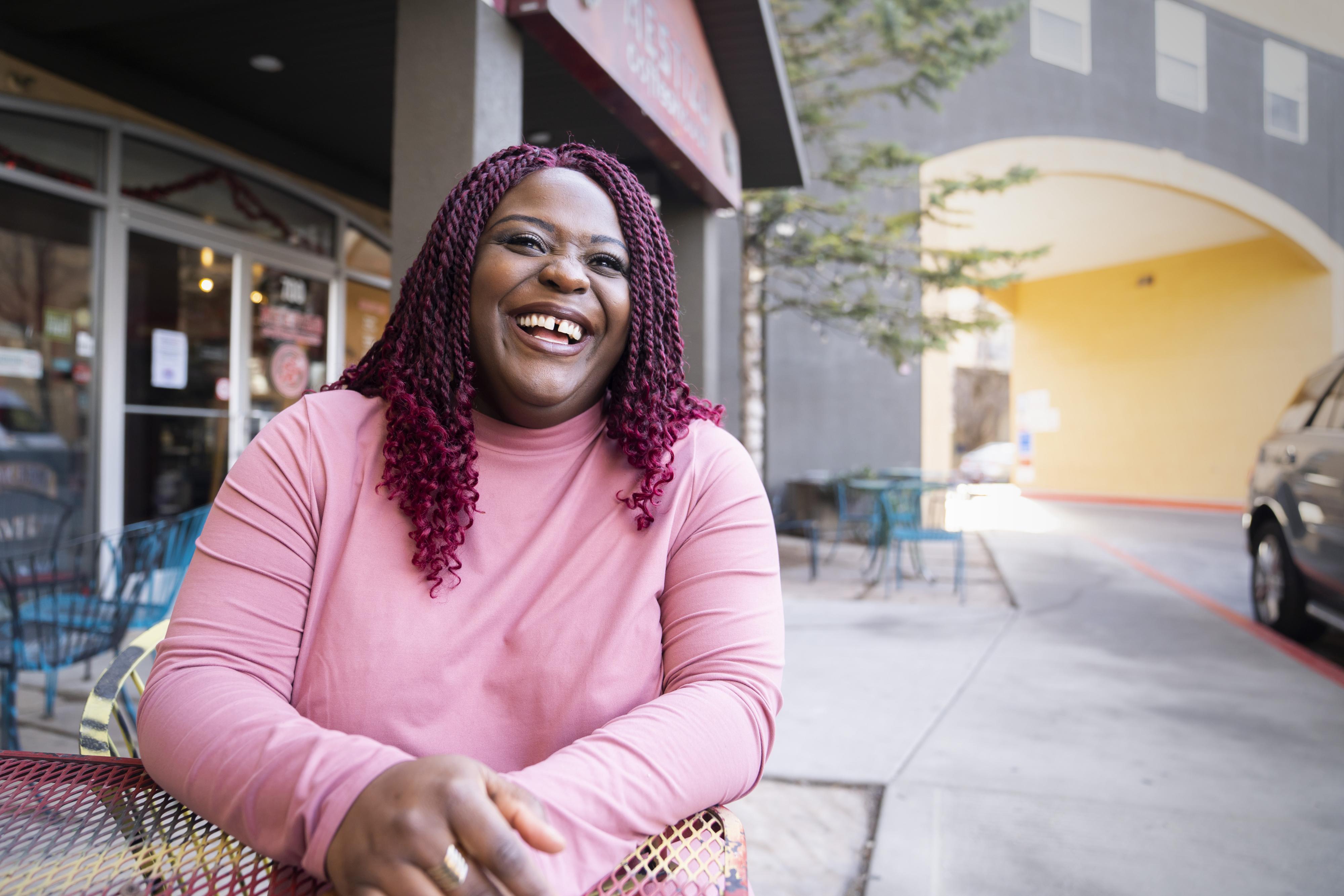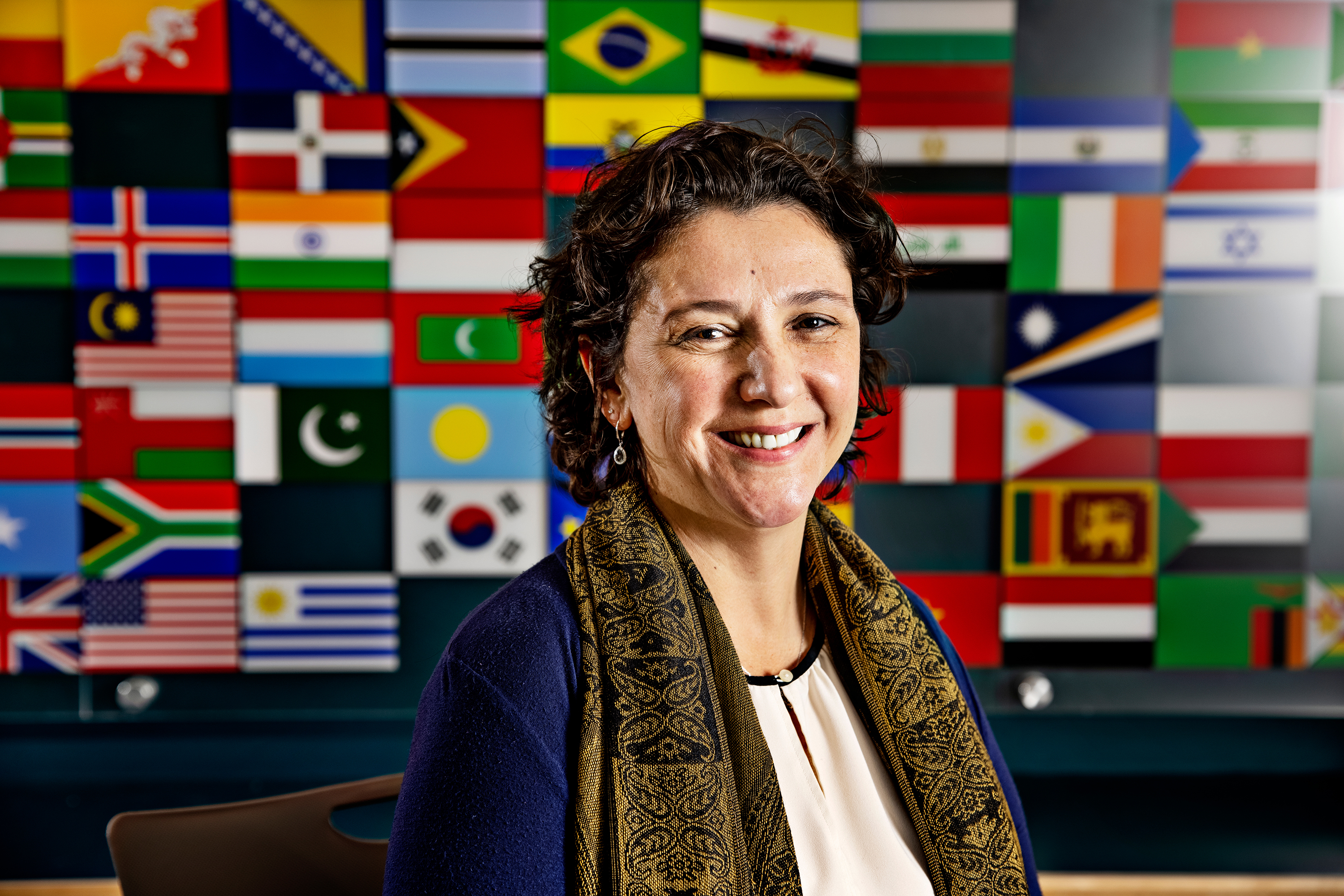
Can you describe yourself and your EDI journey?
I’d describe myself as kind, passionate, energetic, a hard worker. I exhibit a lot of enthusiasm in my work; when I tell people how old I am, they don’t believe me.
When I was in my twenties, I worked in a few facilities as a nurse. I was often the only Black nurse at the facility, and I would look at how I was being treated by my colleagues and even by physicians. It struck me that we [people of color] were being treated differently. I started joining various committees that were focused on the betterment of the community as a whole and not just in terms of EDI. At that time 45 years ago, no one was thinking about “EDI”.
As time went on, I worked and volunteered among different communities. I would talk with middle schoolers and teach cultural responsiveness at local hospitals. Once I joined my Master’s degree program, I really became vocal about making real change where I could.
What barriers to access are you most focused on at the College of Nursing?
Some of the barriers I see with our students, especially students from rural or underrepresented areas, is finding support once they’re in college. Some guidance counselors at high schools won’t tell the students about the various programs that are available through the U, and then they don’t find out anything until they get here. They [counselors] don’t take the time to sit down with the students to assist them with the nuts and bolts related to applying to colleges. . Because the students are from certain communities, they consider helping them a waste of time while other students are told about funding, resources, support programs.
When I run into pre-nursing students on campus, I ask: “Do you know we have an early assurance program? What about our needs program?” And they had no idea that this program existed. Efforts have been made since then to better inform prenursing students that this program is available.
That’s a systemic barrier; another barrier is financial. These students may only have enough for tuition, but not to buy textbooks or a computer. These resources are available through the Eccles Health Sciences Library—so many things at their fingertips that could help with their scholarly projects or assignments, that would make their experience easier. I recently asked a nursing class about to graduate if they were aware of this asset, and most didn’t know. Imagine how much that information might’ve helped them while they were students early on.
These are barriers in the system that don't need to be there. The last barrier is personal. Many students from underrepresented groups feel they don’t belong and aren’t good enough to be in our program. I was 43 when I went back to school, so I know how that feels. But when someone believes in you and tells you that you are good enough, it makes a world of difference. The support from faculty can be an immense help for students.
What projects or initiatives are you most proud of?
One of the programs we’re working on is revising our curriculum. We talk a lot about language: What type of language are you using with patients? How do you talk to patients about various diseases? Are the pictures in our textbooks representative of different groups? Is the wording inclusive? Are case studies diverse?
The other project is developing student belonging. I don’t know what that’s going to look like yet; we’re in the process of collecting data. But our goal is to make sure all our students feel that this is an inclusive space for them, that they belong and are safe.
We’ve also received a nursing workforce diversity grant that’s helping us develop health care providers, specifically nurse practitioners, in rural areas. And we have a program to elevate certified nursing assistants (CNAs), especially CNAs of color, to go back to school and get a registered nursing (RN) degree.
What’s the most fulfilling part of EDI work for you? The most frustrating?
The best part is the momentum we have in the College of Nursing. I can’t say everyone, but most are so committed to this work: students, faculty, and staff. Everybody wants to see what we can accomplish. I call us a multicultural melting pot.
The frustration comes when our work is siloed and people don’t tell me what they’re working on. It’s hard to give feedback or help promote programs when I don’t know about them, but we’re working on that.
It’s also difficult when people think you’re not doing anything or working fast enough. I tell them, “Come on into my office and let me read you the list of what we’re working on.” Then they understand, these projects just take time. They can be exhausting, and very emotionally draining.
What lessons have you learned that you’d pass on to others?
First off, be patient with yourself. I tell myself all the time: I’m doing this. I’m holding my own. I’m doing a good job.
There’s no template or rulebook for this kind of work. I’m the inaugural associate dean—I don’t have any footsteps to follow here. We can’t ask the last person how they did it, or how we can improve on their work. We’re building the track as we ride it.
Second: make your process sustainable. Ground yourself in the knowledge that these are not “one and done” projects. When I retire, someone’s going to have to pick up this work. I’m not going to be here forever; I have too much I want to do! So, I need to plan for the next successor. Who’s going to take my place? How can I prepare them and mentor them for the job they’re taking on?
In five years’ time, what’s your vision for the institution?
I want people to come here and feel they belong and they are being encouraged to be their best here. I want us to think about health a little more globally—to strengthen our partnerships with other organizations, to connect with local lawmakers and help enact change that makes for more equitable health care.

Assistant Dean for Equity, Diversity, and Inclusion at the College of Pharmacy

Associate Director of Equity, Diversity, & Inclusion at Huntsman Cancer Institute (HCI)

Associate Professor of Infectious Diseases and Associate Dean for Health Equity, Diversity, and Inclusion at the Spencer Fox Eccles School of Medicine